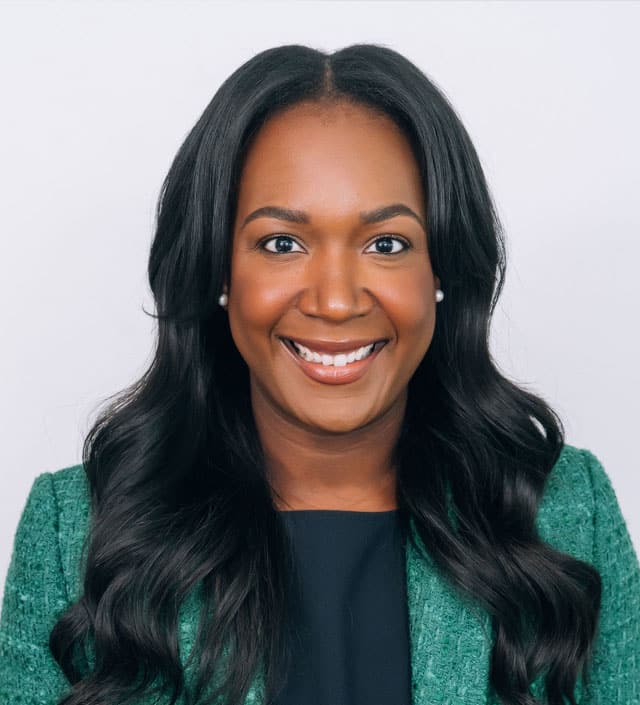As a financial planner and investment advisor, I noticed something among my clients who are approaching retirement and beginning to discuss money, estate planning and wills with their children: They are concerned that their children don’t have a clue what they’re talking about.
Many people in my generation were lucky. Our parents, having gone through the Great Depression, knew the value of money and saving and passed that knowledge on to us. Today’s younger generations didn’t receive the benefit of that. One reason, I think, is that some parents indulge their children a bit too much — but that’s a topic for another day.
And it’s not just teenagers. They could be 30 and still be clueless, meaning they have to run to their mom or dad for money when their car breaks down.
If I were to sit down with a 16-to 25-year-old, this is what I would advise them on these seven points to help put them on firmer financial footing as they mature.
Understand your cash flow
Some young people can’t tell you where their money is going, they don’t know how to save for an emergency, and they may not even be taking advantage of their 401(k) at work. They’re not in charge of their money; it’s in charge of them.
To get started, I would encourage them to pull out a sheet of paper and pencil or start a spreadsheet on the computer and enter their monthly income from all sources.
Then, they should start compiling the “outflows,” such as rent, utilities, car payments, student loan payments and credit card payments. It’s harder to track gas, food, entertainment and personal expenses — like clothing, haircuts and manicures–— but they should try not to leave anything out. Saving receipts and looking at credit card statements will help them categorize the expenses.
Learn the difference between ‘needs’ and ‘wants’
This is something that a lot of young people don’t grasp. They need to pay their rent, but when they want to go out to a bar with friends, how much money do they really have available? They can start to appreciate the impact ”wants” have on cash flow.
Start an emergency fund
Once an individual has control of their spending, they’ll likely have more money that they can put aside each month for emergencies. Encourage them to hold these funds separately from a checking account so they can allow them to accumulate and don’t tap into them for a non-emergency.
How much should be in an emergency fund? Your client’s child should consider whether they could handle an unexpected $1,000 expense so they don’t have to run back to their mom and dad or use a credit card. Speaking of credit cards …
Don’t rely on credit cards
I’d explain to younger people that having an emergency fund will also keep them from having to use credit cards for emergencies. It’s important to remind them that credit cards are a valuable tool if they can pay the balance each month, but they become a risk if they are used for “wants” and emergencies. It starts them down a rabbit hole that’s hard to climb out of.
Additional Reading: Divorce and the Special Needs Family
Build long-term savings
Even someone in their 20s needs to start thinking 40 or 50 years down the road, as far off as that might seem. If they have a job that offers a 401(k), they should invest the maximum and take advantage of any matches their employer offers. This money is pretax, so it comes out of their paycheck before they have the chance to spend it and that makes it easier to save.
I also recommend that young people learn about other types of accounts, such as IRAs, Roth IRAs and health savings accounts. It’s always better to put away even a little bit of money rather than nothing.
Protect your future
Sometimes you have to think the unthinkable.
Young adults often don’t realize that if they get sick their parents won’t be able to look after them properly if they don’t have durable powers of attorney for health and financial matters. These documents can be executed with the help of an attorney or by using online resources.
I want more young people to become responsible for their own financial security, rather than relying on their parents. It’s good for them and their parents and, in the long run, it’s good for our society.
Mary Anne Ehlert is president of Ehlert Financial Group and Protected Tomorrows in Lincolnshire, Illinois.







